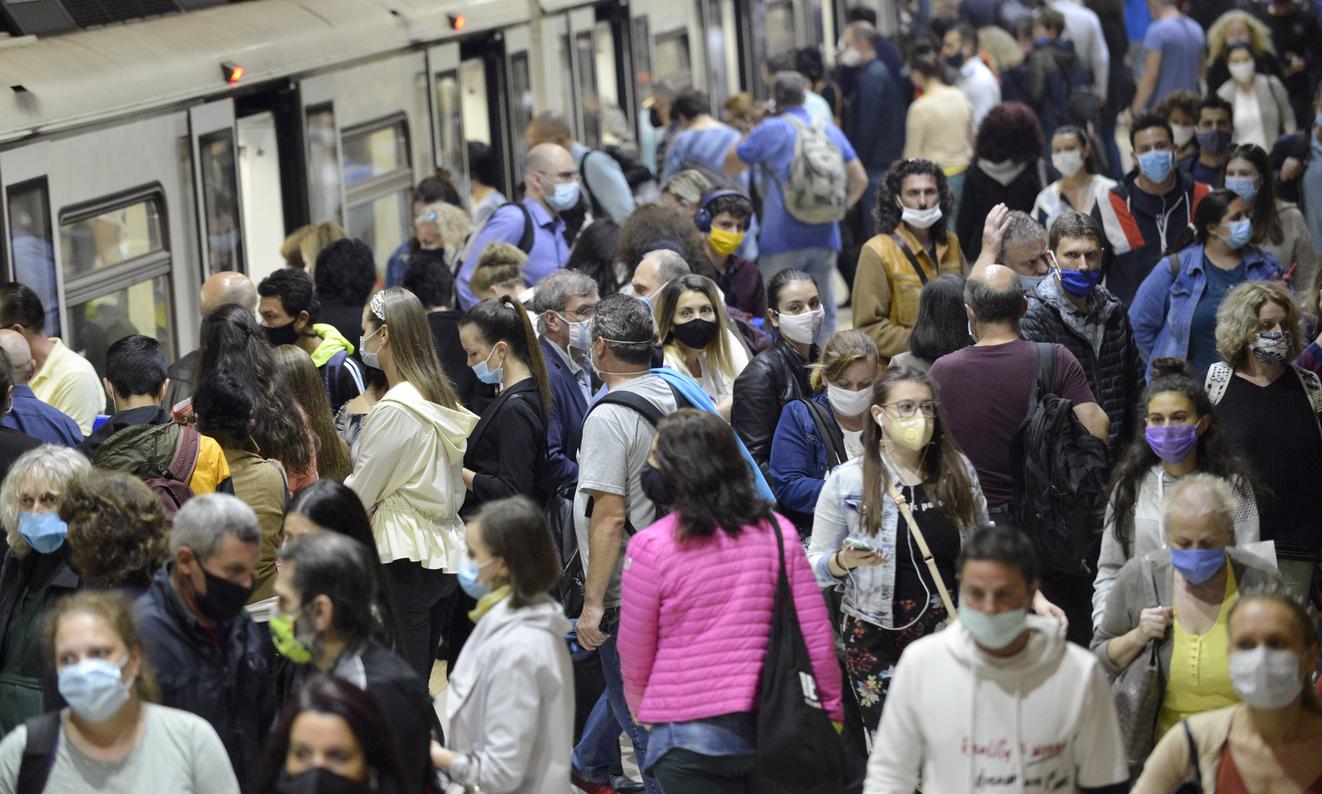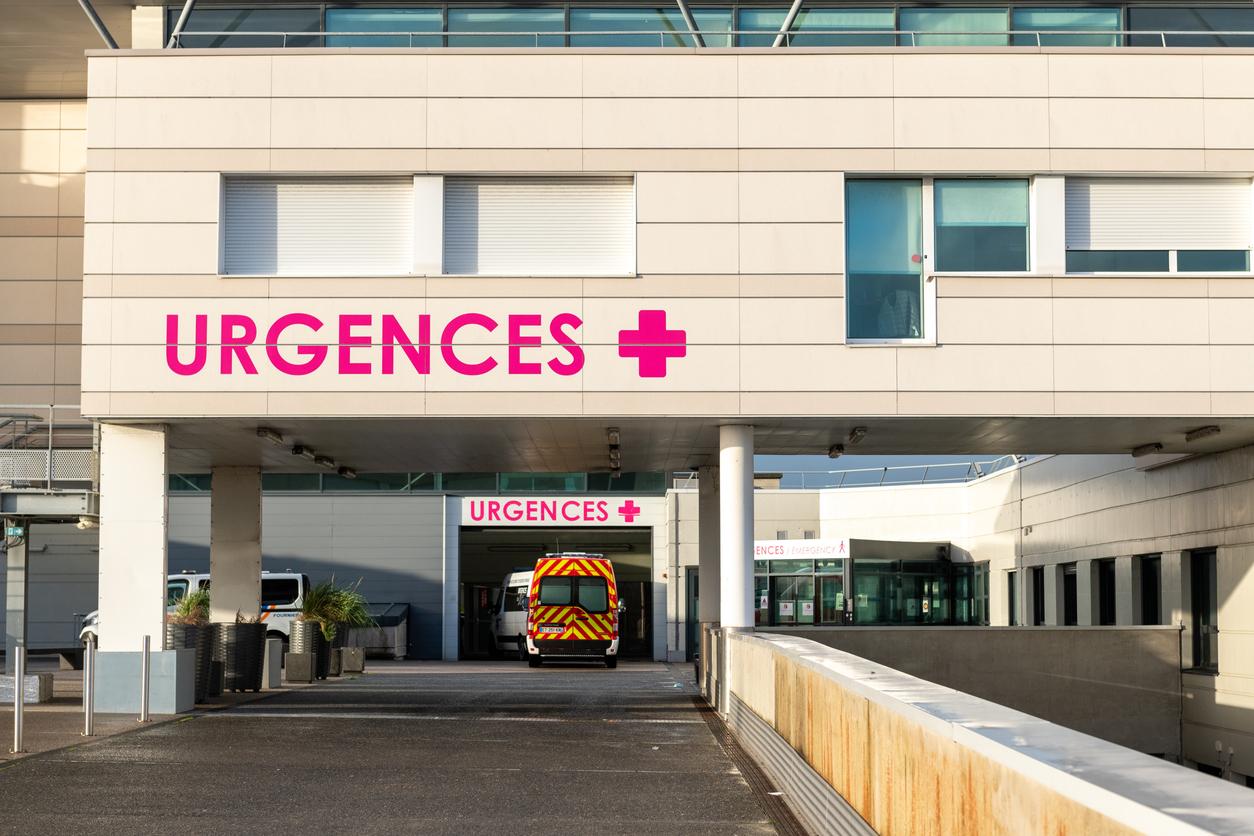
With more than 50,000 new cases recorded this Sunday for the 13th consecutive day and 563 additional deaths, the United Kingdom is the country in Europe most bereaved by the pandemic.
Hospitals on the brink of collapse
The United Kingdom has passed the 81,000 death mark since the start of the epidemic. On Sunday, 54,940 people have tested positive for Covid-19, or 3,072,349 contaminations since the start of the epidemic. Disturbing figures which lead the British authorities to take new measures. The United Kingdom was the first country in the world to authorize the deployment of the vaccine developed by Pfizer / BioNTech on December 2. In the process, he launched his mass vaccination campaign. On December 30, the MHRA, the British equivalent of the National Agency for the Safety of Medicines and Health Products, gave the green light for the vaccine developed by Oxford-AstraZeneca. The British health regulator has also given the green light for the vaccine from the American laboratory Moderna, the use of which will not begin until the spring.
“A race against time to vaccinate”
As the tightening of restrictions was not enough to stop the spread of the new variant of SARS-CoV-2, British Prime Minister Boris Johnson announced on Monday, January 4, the third confinement of England until mid- February. Because of this outbreak of contaminations, British hospitals are on the verge of saturation and the situation is becoming critical. Health Minister Matt Hancock aims to have all adults in the UK vaccinated by autumn. He said 350 million doses of the vaccine had already been ordered. “Of course, we start with the most vulnerable,” but “every adult will be offered a vaccine by the fall,” the minister promised on the BBC. However, the health crisis management policy led by the government is singled out in the United Kingdom. “The UK does not have a clear strategy beyond reactive containment when hospitals are under pressure,” said Devi Sridhar, a public health expert at the University of Edinburgh on Times Radio. It remains to be seen whether British citizens will continue to abide by these restrictions, almost a year after the start of these measures.















